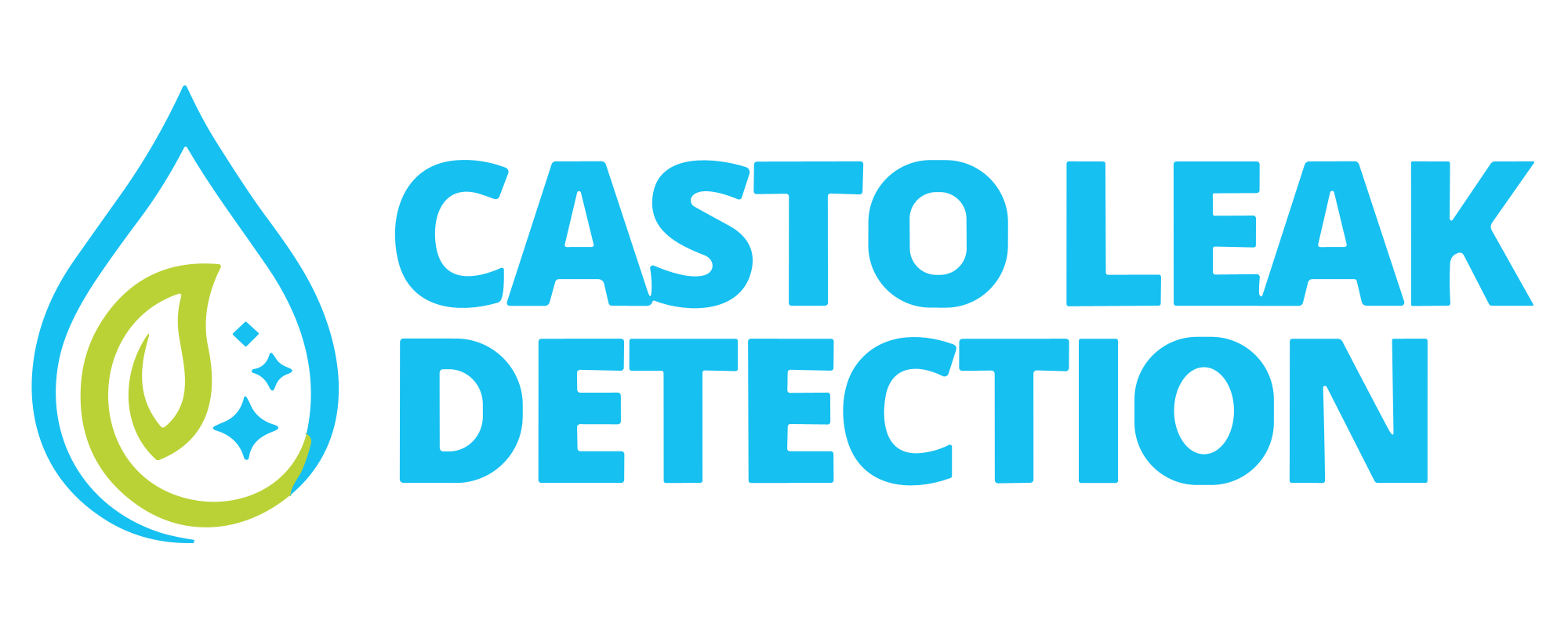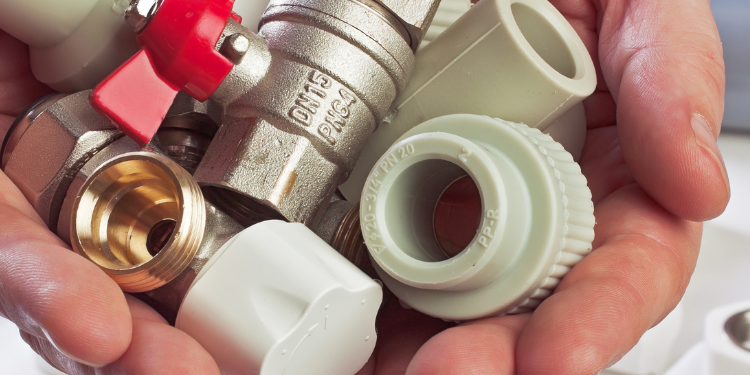Water heaters are essential appliances in every home, providing hot water for daily activities such as bathing, cleaning, and cooking. However, like any appliance, they can experience issues over time, with leaks being one of the most common problems. A leaking water heater can lead to significant damage if not addressed promptly, including water damage, mold growth, and even structural issues in your home. Understanding the causes of water heater leaks and how to prevent them is crucial for maintaining the safety and efficiency of your plumbing system.
Key Takeaway: The main causes of water heater leaks are related to aging components, improper installation, and corrosion. Preventive measures like regular maintenance and timely repairs can significantly reduce the likelihood of leaks.
Why Water Heater Leaks Happen
Water heaters are prone to leaks due to several reasons, which can often be traced back to wear and tear over time. The following points explain common causes in detail:
Corrosion is a leading cause of water heater leaks. Over time, metal components inside the water heater can corrode, especially if your water has a high mineral content or if the water heater isn’t regularly flushed. This corrosion can cause cracks or holes in the tank, allowing water to seep out.
Improper installation can also result in leaks. If the water heater is not installed correctly or if incompatible materials are used, stress may be placed on the unit, increasing the likelihood of a leak. It’s essential to have professional installation to ensure all parts are fitted correctly and safely.
Wear and tear are inevitable in any household appliance. Water heaters have various components such as gaskets, pipes, and pressure relief valves that can deteriorate over time. Without regular maintenance and inspection, these worn-out parts can cause leaks.
Recognizing Early Signs of Leaks
Being able to identify the early signs of a leak can help you address the issue before it escalates. Some signs are subtle, while others are more obvious, but all should prompt immediate attention.
Puddles of water around your water heater are a clear sign of a leak. Even if the amount of water is minimal, it indicates that something is wrong. It’s essential to address this issue right away to avoid further damage.
Higher water bills can also be an indicator of a hidden leak. If you notice a sudden increase in your monthly bill without any change in water usage, it’s worth investigating the water heater as a potential culprit.
Strange noises coming from your water heater, such as popping, cracking, or hissing, can indicate that sediment has built up inside the tank, possibly leading to leaks. These sounds mean the water heater is working harder than it should, which can wear it down prematurely.
Preventing Water Heater Leaks
Preventing leaks is often a matter of routine maintenance and inspections. By taking proactive measures, you can extend the life of your water heater and avoid the expense and inconvenience of leaks.
Regular maintenance is key. Flushing the tank periodically can remove sediment buildup that contributes to corrosion. It’s also a good idea to have a professional plumber inspect the water heater annually to check for any potential issues.
Replacing worn-out parts such as pressure relief valves and gaskets can also prevent leaks. These components are subject to wear and tear, and replacing them before they fail is a simple way to avoid more significant problems down the line.
Ensuring proper installation is another critical preventive measure. If you’re installing a new water heater, make sure it’s done by a qualified professional who can guarantee that all parts are correctly installed and that the unit is compatible with your home’s plumbing system. This minimizes the risk of leaks due to improper installation.
Answering Common Questions
What should I do if I notice my water heater leaking? If you notice your water heater leaking, it’s important to shut off the power to the unit immediately. You should then turn off the water supply to the tank to prevent further leakage. Contact a professional plumber for inspection and repairs as soon as possible to avoid additional damage.
Can I repair a leaking water heater myself? While it may be tempting to try and fix a leaking water heater yourself, it’s generally not recommended unless you have plumbing experience. Water heaters can be complex, and attempting repairs without proper knowledge may lead to further damage. It’s best to consult a professional plumber to ensure the problem is resolved safely and effectively.
How long does a water heater typically last before it starts leaking? Most water heaters have a lifespan of about 8 to 12 years, depending on the type and how well they are maintained. With regular maintenance and timely repairs, you can extend the life of your water heater and reduce the risk of leaks occurring.
The Impact of Hard Water on Water Heaters
Hard water is a common problem in many areas, including Richardson, Texas. It contains high levels of minerals like calcium and magnesium, which can accumulate inside your water heater over time. This buildup can reduce the efficiency of the unit and contribute to corrosion, leading to leaks. Regularly flushing the tank and installing a water softener can help mitigate the effects of hard water on your water heater.
Hard Water and Water Heater Leaks
The minerals in hard water can accumulate inside your water heater, causing sediment to build up at the bottom of the tank. This can lead to overheating, increased pressure, and eventually, leaks. If you live in an area with hard water, it’s important to take preventive measures such as using a water softener and scheduling regular maintenance to protect your water heater from leaks.
Seeking Expert Advice
If you’re experiencing issues with your water heater or suspect a leak, it’s always best to consult a professional plumber. At Casto Leak Detection, we specialize in detecting and repairing water heater leaks, ensuring your plumbing system remains in optimal condition. Our team in Richardson, Texas is here to help you with all your plumbing needs, from water heater maintenance to emergency repairs.







